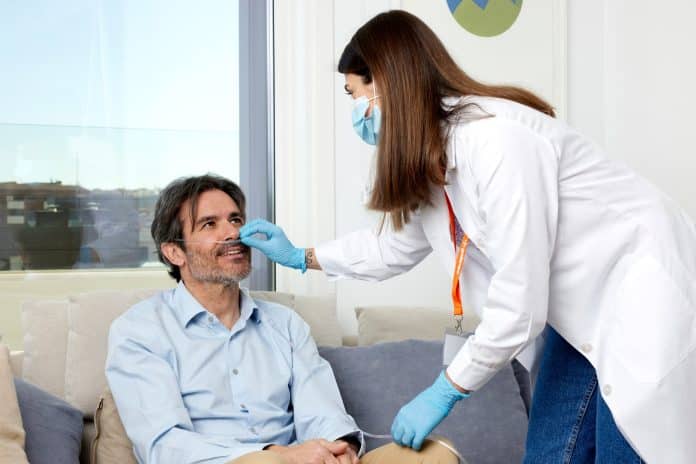Galeneo Health, a fast-growing startup that orchestrates on-demand and in-person delocalised medical services and procedures at scale, has recently closed a €1 million round led by the impact management company Ship2B Ventures through the BSocial Impact Fund, the largest impact investment fund for startups in Spain converted by the European Investment Fund, Banco Sabadell and AXIS, which has counted with the participation of other previous partners of the company.
With the closing of this round, the Galeneo team intends to scale sales nationwide and improve its technological platform. its technology platform. The funds will be used, on the one hand, to consolidate the B2B model for both clinics and hospitals, and on the other hand, to expand the company’s and hospitals and the expansion of its collaborations with the public sector and the pharmaceutical industry. pharmaceutical industry.
On the other hand, they intend to continue the development of their platform, improving patient and family experience for patients and their families, as well as streamlining the interaction with the different healthcare professionals and healthcare providers that make up a decentralised hospital,
Jaime García-Prieto, founder and CEO of Galeneo, said: “Our mission is for a doctor to manage his patients from anywhere, guaranteeing continuity of care and the same quality that his patients have when they are quality that their patients have when they are admitted to their hospital ward.”
Since its launch in 2021, Galeneo has performed more than 18,000 medical services, enabling more than 1,000 patients and their families to enjoy quality hospitalisation in the comfort of their home. All of its inpatient services are performed under medical prescription and supervision, and have some of the most prestigious national and international health centres and doctors among its partners.
Jordi Ferrer, investment director of Ship2B Ventures, commented: “Galeneo is a pioneering decentralised hospitalisation project in Spain, with a great social impact at three levels: Firstly, patients can have a better recovery from the convenience and warmth of their homes. Secondly, it achieves greater reconciliation of families by avoiding visits to the hospital. Third, the hospital system increases its capacity in a cost-efficient way and without having to invest in more infrastructure.”
The increase in the ageing population due to biomedical development means an increase in the number of patients and their chronicity, and consequently, the social and health care costs per person in the long term. This is expected to double globally by 2050 and even exceed the GDP of some developed countries if this situation is not reversed.
A large part of the problem lies in the costs of hospitalisation, which exceed 700 per patient per day. The promotion of initiatives to avoid hospitalisation and early discharge, without putting health at risk, is imperative as a society.




